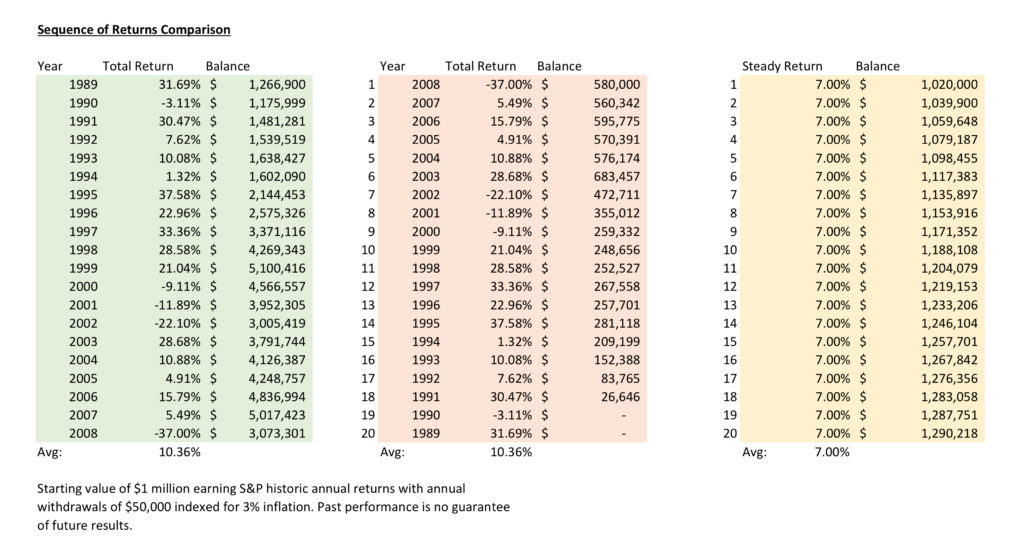RESP Strategies
As the school year kicks into full gear, it is a good time to discuss the best practices relating to Registered Education Savings Plans (RESPs). First, let’s go over the basics!
RESP Basics
An RESP is generally the best way to save for education for two primary reasons:
1) tax-sheltered investments and
2) the Canada Education Savings Grant.
The total lifetime RESP contribution limit is $50,000 per beneficiary. The beneficiary is the student who will be using the RESP money for their education. Unlike Tax-Free Savings Accounts (TFSA) and Registered Retirement Savings Plans (RRSP), this limit has no annual contribution limit.
Eligible RESP contributions can earn a 20% matching grant from the government called the Canada Education Savings Grant (CESG) on the first $2,500 contributed to an RESP each year, capping at $7,200 of lifetime CESG per student.
Investment products that can be held in an RESP include the standard ones just like in TFSAs and RRSPs, such as stocks, bonds, mutual funds, ETFs, and more.
When original contribution money is withdrawn from an RESP, it is not taxable! But investment growth and government grants, such as CESG, are taxable to the student when withdrawn. Those taxes apply upon withdrawal, and investment returns, including capital gains, dividends, and interest earned, are tax-sheltered inside an RESP.
Lump-Sum or Regular Contribution?
With the basics rules out of the way, let’s look into some contribution strategies. While contributing the maximum lifetime amount of $50,000 as early as possible may seem attractive to maximize compound growth and have the money grow in a tax-sheltered environment, it means that you are losing out on a lot of CESG money. This is because the CESG only matches 20% of the first $2,500 contributed per year. If you have a large lump sum to contribute to an RESP, another option is to contribute it to a TFSA first and slowly move it over to the RESP as the years go by. Ultimately, the perfect solution for you will depend on your personal situation, which is why our Wealth Management Advisors take the time to get to know your needs and goals.
What if your child doesn’t pursue post-secondary education?
If your child does not continue school after high school and you have been saving in an RESP, then once the RESP’s deadline is reached, the CESG funds received must be repaid in full and your original contributions are returned without penalty. However, the growth on those investments will be taxed upon withdrawal and is subject to a 20% penalty. Because an RESP can remain open for 35 years, there is plenty of time to plan the best way to withdraw funds from an RESP in the event that the beneficiary does not pursue post-secondary education.
One way is to stop RRSP contributions and slowly transfer the balance of your RESP to the RRSP. Transferring money this way means that, up to $50,000, the money will remain tax-deferred and will avoid the 20% penalty. Another way to reduce the impact of this tax and penalty is to withdraw the money during a year when your income is lower than usual.
Finally, it is likely that even if it is not a full university degree, there are plenty of educational programs that could suit your child. College and university courses are not the only ones that quality for funding. Enrolment alone qualifies RESP educational withdrawals, meaning that whether a course is passed or not will not affect your beneficiary’s ability to withdraw funds.
Side Note: Adults
Adults can take advantage of RESPs too! While adults, unfortunately, do not qualify for the CESG grants due to age restrictions, the 35-year tax deferral may be able to help during the years when ou are studying.
There are several rules in place to ensure RESPs are used as intended. But now that you know those rules, you can use RESPs to their maximum potential! We suggest you give us a call: Montreal at 514-934-0586 and Calgary at 403-228-0949 to discuss how to make Registered Education Savings Plans work best for you.

